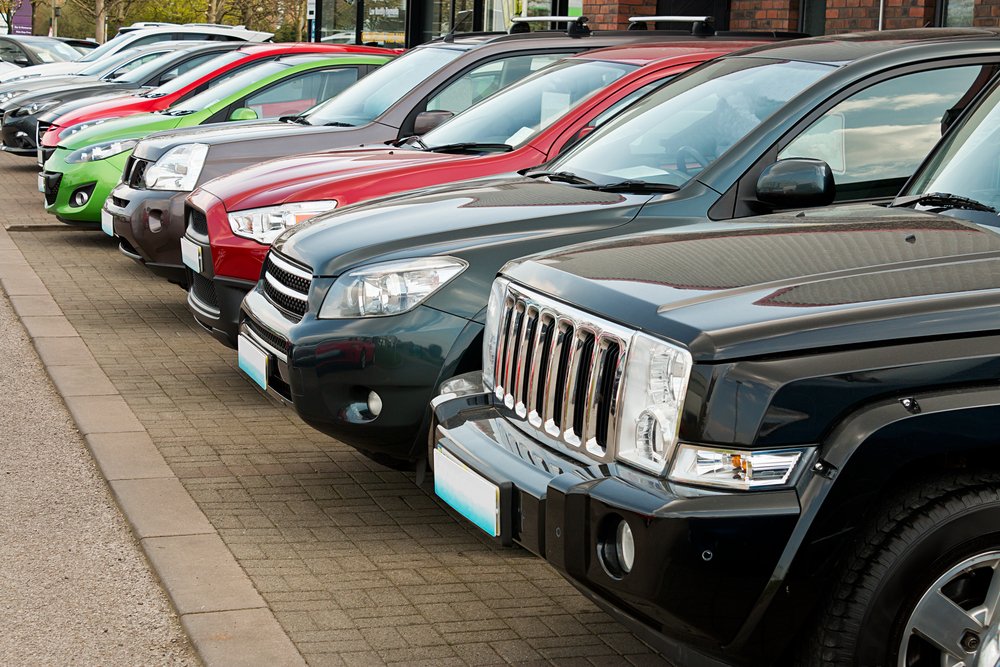SUVs continue to lead buyer preferences
Share
Share

Light trucks have extended their domination in the new vehicle market, continuing to account for the vast majority of sales.
At the same time, the luxury vehicle market is retreating, according to data from DesRosiers Automotive Consultants.
New light vehicle sales in Canada grew by 4 per cent in the third quarter of 2024, contributing to a year-to-date increase of 8.1 per cent. However, the passenger car segment continues to shrink, reporting a 10 per cent decline in Q3 and a 3 per cent decrease so far this year.
This shift has resulted in light trucks accounting for a dominant 86.4 per cent of the market, leaving just 13.6 per cent to passenger cars.
One of the standout trends this year has been the continued strength of small mainstream SUVs. Both subcompact and compact SUV segments have posted significant year-to-date gains, with increases exceeding 20 per cent. In Q3, compact SUVs saw rising sales, while subcompact SUVs experienced a slight dip but maintained strong year-to-date growth.
Unexpectedly, DesRosiers reported, small vans — which have steadily lost ground to SUVs over the years — saw a resurgence, posting a 17 per cent increase in sales compared to the same period last year.
But the luxury market is stumbling, proving to be a weak spot in 2024. Combined, luxury segments experienced an 8.5 per cent decline in Q3 and a 2.4 per cent decrease year-to-date. Only compact and intermediate luxury SUVs showed modest growth, up 2.6 per cent and 1.7 per cent, respectively.
Andrew King, managing partner at DesRosiers, attributed this pullback to a combination of high vehicle prices and rising interest rates.
“The luxury segments have seen long-term structural growth over the past two decades as baby boomers accumulated wealth,” King said. “Faced with high vehicle prices and high interest rates consumers have pulled back from luxury in 2024. It will be interesting to see if this is a temporary pause or the start of a longer-term market shift.”
Image credit: Depositphotos.com
Leave a Reply